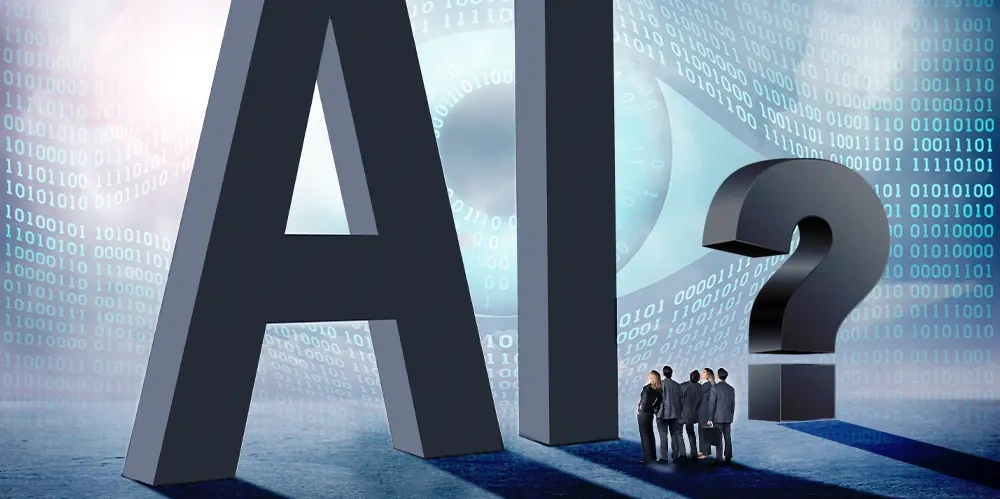Blockchain: Beyond Bitcoin & Crypto

Beyond Bitcoin: Exploring the Diverse Applications of Blockchain Technology
For many, the word “blockchain” is synonymous with Bitcoin and other cryptocurrencies. While it’s true that blockchain technology *underpins* these digital currencies, limiting its understanding to that realm is a significant oversight. Blockchain’s potential extends far beyond finance, offering innovative solutions to a wide range of problems across numerous industries. This post will delve into the fascinating world of blockchain applications, moving beyond the hype and exploring real-world use cases that are already transforming how we live and work.
What Exactly *Is* Blockchain? A Quick Recap
Before we dive into the applications, let’s quickly recap what blockchain actually is. At its core, a blockchain is a distributed, immutable ledger. “Distributed” means the data isn’t stored in one central location, but rather across a network of computers. “Immutable” means once data is recorded, it’s extremely difficult – practically impossible – to alter or delete it. This is achieved through cryptographic hashing and a consensus mechanism, ensuring data integrity and security. Think of it like a digital record book that everyone in the network has a copy of, and any changes require agreement from the majority of participants.
Supply Chain Management: Tracking Goods from Origin to Consumer
One of the most promising applications of blockchain lies in supply chain management. Traditionally, supply chains are complex, opaque, and prone to inefficiencies. Tracking a product’s journey from raw materials to the end consumer can involve numerous intermediaries, paper trails, and potential for fraud. Blockchain offers a solution by providing a transparent and traceable record of every step in the process.
Imagine tracking a coffee bean from the farm in Colombia to your local coffee shop. Using blockchain, each stage – harvesting, processing, shipping, roasting, and retail – can be recorded as a transaction on the blockchain. This allows consumers to verify the origin of their coffee, ensuring fair trade practices and quality control. Companies like Walmart are already using blockchain to track food products, improving food safety and reducing waste. The ability to quickly identify the source of contamination in the event of a recall is a huge benefit.
Healthcare: Securing Patient Data and Improving Interoperability
The healthcare industry faces significant challenges in managing and securing sensitive patient data. Data breaches are common, and interoperability – the ability of different healthcare systems to share information – is often limited. Blockchain can address these issues by providing a secure and decentralized platform for storing and sharing medical records.

Patients could have greater control over their own data, granting access to healthcare providers as needed. Blockchain can also streamline processes like insurance claims and drug supply chain tracking, reducing fraud and improving efficiency. While widespread adoption is still in its early stages, several pilot projects are demonstrating the potential of blockchain to revolutionize healthcare data management.
Voting Systems: Enhancing Security and Transparency
Concerns about election security and voter fraud are prevalent in many countries. Blockchain offers a potential solution by creating a tamper-proof and auditable voting system. Each vote could be recorded as a transaction on the blockchain, making it virtually impossible to manipulate the results.
While challenges remain – such as ensuring voter anonymity and accessibility – blockchain-based voting systems could significantly enhance the integrity and transparency of elections. Several countries and organizations are exploring the use of blockchain for voting, with pilot projects underway to test its feasibility.
Digital Identity: Empowering Individuals with Control Over Their Data
In today’s digital world, managing our online identities can be a complex and frustrating experience. We often rely on centralized platforms to store our personal information, making us vulnerable to data breaches and identity theft. Blockchain can empower individuals with greater control over their digital identities.
A blockchain-based digital identity system would allow users to securely store and manage their personal information, granting access to services as needed. This eliminates the need to rely on centralized intermediaries and reduces the risk of data breaches. Several projects are working on developing self-sovereign identity solutions based on blockchain technology.
Intellectual Property Rights: Protecting Creative Works
Protecting intellectual property rights is a major challenge for artists, creators, and businesses. Copyright infringement and counterfeiting are rampant, costing billions of dollars each year. Blockchain can provide a secure and transparent way to register and track ownership of intellectual property.
By recording the creation date and ownership details of a creative work on the blockchain, creators can establish proof of authorship and prevent unauthorized use. Blockchain can also facilitate the licensing and sale of intellectual property, streamlining the process and reducing transaction costs.
Real Estate: Streamlining Property Transactions
The real estate industry is often characterized by lengthy paperwork, complex processes, and high transaction costs. Blockchain can streamline property transactions by digitizing land records and automating processes like title transfers and escrow.
Smart contracts – self-executing contracts written in code – can automate many of the steps involved in a real estate transaction, reducing the need for intermediaries and lowering costs. Blockchain can also improve transparency and reduce the risk of fraud in the real estate market.
The Future of Blockchain: Challenges and Opportunities
While the potential of blockchain is immense, several challenges need to be addressed before it can achieve widespread adoption. These include scalability (the ability to handle a large number of transactions), regulatory uncertainty, and energy consumption (particularly for proof-of-work blockchains like Bitcoin).
However, ongoing research and development are addressing these challenges. New blockchain platforms are emerging with improved scalability and energy efficiency. Governments and regulatory bodies are beginning to develop frameworks for regulating blockchain technology. As these challenges are overcome, we can expect to see even more innovative applications of blockchain emerge in the years to come. Blockchain isn’t just about cryptocurrency; it’s about building a more transparent, secure, and efficient future for a wide range of industries.



